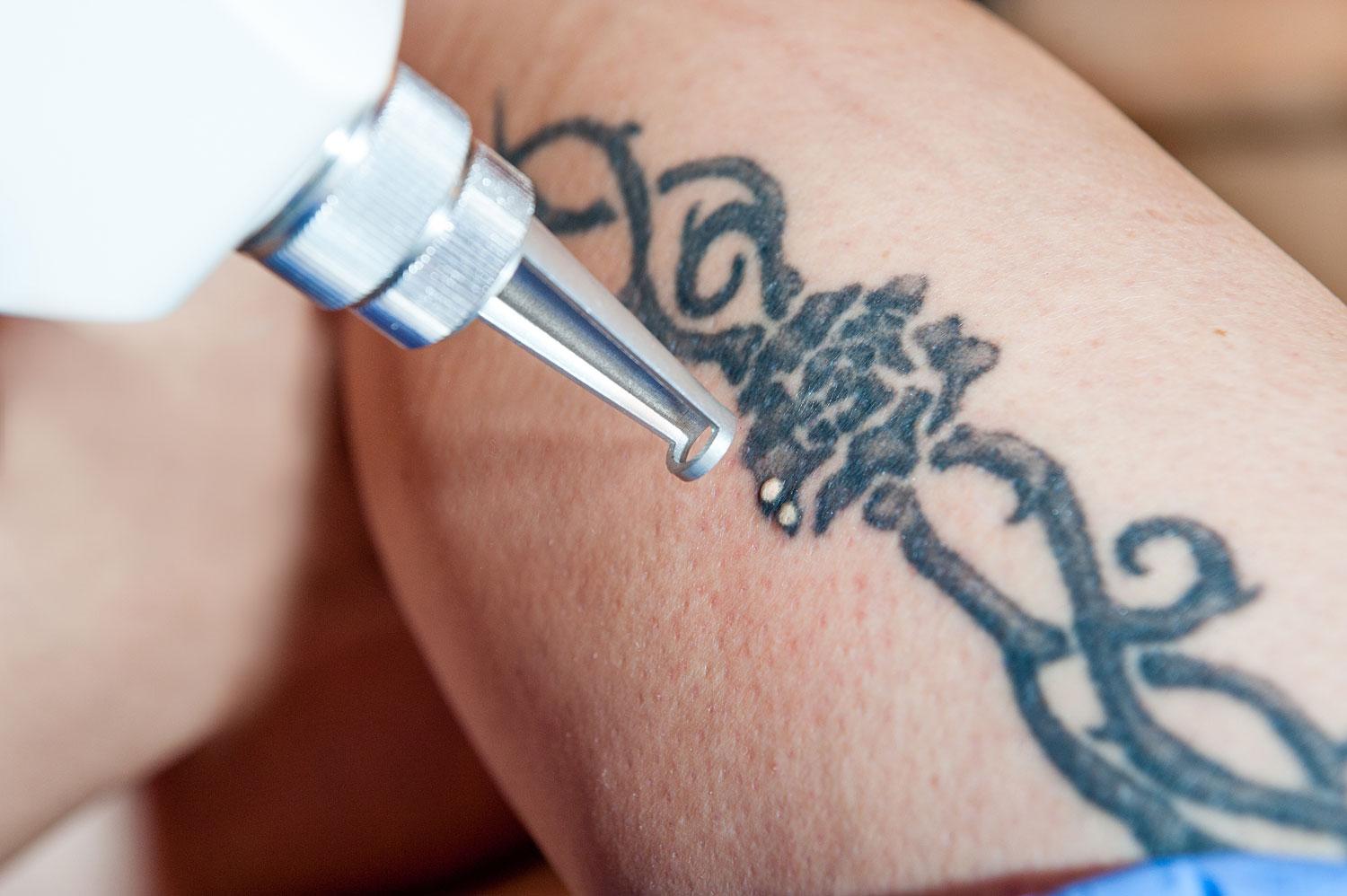Tattoo Removal: Your Guide to Treatment Options
The tattoo removal market is booming, fueled by rising tattoo popularity and advancements in technology. But with a variety of treatment options available, managing your path to a tattoo-free future can be confusing. This guide explores the most commonly asked questions about laser therapy, surgical methods, and alternative options, along with the latest innovations from leading companies in the field.
How Effective is Laser Tattoo Removal?
Laser tattoo removal remains the gold standard for safe and effective tattoo removal. Q-switched lasers emit pulses of light that shatter ink particles within the skin. These fragments are then eliminated by the body's natural immune system. The effectiveness depends on several factors, including:
- Tattoo size, color, and age: smaller, older tattoos with black ink are generally easier to remove.
- Skin type: Lighter skin tones respond better to laser treatment.
- Number of sessions: Multiple sessions are typically required, spaced several weeks apart.
Leading companies like Astanza, Cynosure, Cutera, Lutronic, and Quanta System are constantly innovating laser technology. Picosecond lasers, for example, offer faster treatment times and potentially better results for stubborn colors.
Does Laser Tattoo Removal Hurt?
Most people experience some discomfort during laser treatment. However, topical numbing creams and advanced cooling systems significantly minimize pain.
What are the Alternatives to Laser Tattoo Removal?
Surgical excision and dermabrasion are traditional methods, but they leave significant scarring and are not widely recommended. Topical removal creams are often ineffective and may irritate the skin.
What Factors Affect the Cost of Tattoo Removal?
The cost of tattoo removal varies depending on the factors mentioned above, as well as the chosen treatment method, clinic expertise, and geographic location. Consult with a qualified provider for a personalized estimate.
How Can I Find a Qualified Provider for Tattoo Removal?
Look for board-certified dermatologists or licensed medical professionals with experience in laser tattoo removal. Research their credentials, technology used, and patient reviews. Companies like Syneron Candela offer resources to help locate qualified providers using their laser systems.
Top Technological Innovations in Tattoo Removal:
- Picosecond lasers: As mentioned earlier, these lasers offer faster treatment times and potentially better results for stubborn colors. Astanza's Duality laser and Lutronic's PicoSure are popular examples.
- Fractional lasers: These lasers target specific areas within the treatment zone, minimizing damage to surrounding skin. Cutera's enlighten Pico Genesis laser utilizes this technology.
- Multi-wavelength lasers: By using a combination of wavelengths, these lasers can target a broader range of ink colors. Syneron Candela's PicoWay laser is a prime example.
Leading Companies in Tattoo Removal Technology:
- Cynosure (US): Offers a range of Q-switched lasers, including the PicoSure laser known for its speed and effectiveness.
- Cutera Inc (US): Develops innovative laser systems like the enlighten Pico Genesis laser, featuring fractional technology for improved treatment outcomes.
- Dimyth (China): A rising player, Dimyth offers tattoo removal lasers like the Poseidon series, known for their affordability and compact design.
- Syneron Candela (US): A leader in aesthetic devices, Syneron Candela's PicoWay laser utilizes multiple wavelengths for broader tattoo ink targeting.
- Astanza (US): Specializes in laser technology for tattoo removal and other aesthetic procedures. Their Duality laser is a popular choice for picosecond laser tattoo removal.
- Quanta System SpA (Italy): Offers a variety of laser systems for various applications, including the Discovery Pico laser for tattoo removal.
- Lutronic (US): Develops advanced laser technologies, including the PicoSure laser for tattoo removal, known for its speed and precision.
Remember, choosing the right tattoo removal method depends on your individual needs and preferences. Consult with a qualified provider to discuss treatment options and create a personalized plan for achieving your desired outcome.
For more information visit at MarketResearchFuture
Other Trending Reports

